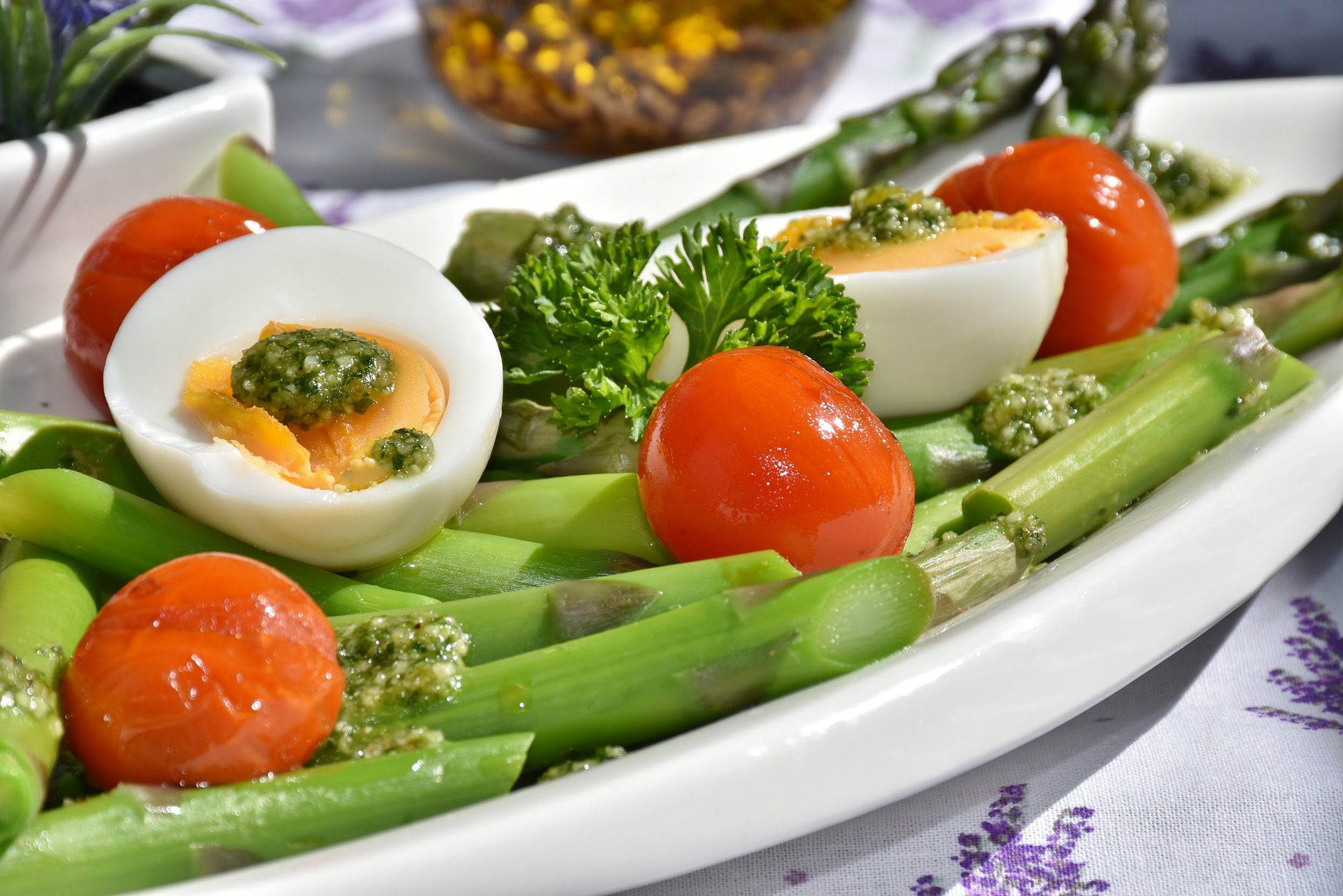Experiencing the Aromas of Authentic Moroccan Cuisine
A whiff of spicy, fragrant air and a burst of exotic flavors - that's the essence of Moroccan cuisine. Often overlooked in the vast culinary universe, this North African country's kitchen is a treasure trove of unique tastes, techniques, and traditions. Let's embark on a mouthwatering journey through the aromatic world of Moroccan food.

A Taste of Morocco’s Culinary History
Moroccan cuisine is rooted in the country’s rich history, with influences from various cultures including Berber, Arab, Mediterranean, and French. These influences have created a unique blend of flavors that is unmistakably Moroccan. The cuisine is known for its robust use of spices like cumin, coriander, saffron, and cinnamon, as well as herbs like mint and parsley.
Signature Moroccan Dishes
Morocco’s culinary repertoire is vast, but there are some dishes that stand out. Tagine, a slow-cooked stew named after the conical clay pot it’s cooked in, is a Moroccan specialty. Couscous, a staple grain, is often served with a variety of toppings, including vegetables, meats, or a savory-sweet combination of fruits and nuts.
The Art of Moroccan Bread Making
Bread is an integral part of Moroccan meals. From the everyday khobz to the special msemen, the variety of Moroccan breads is impressive. Baking bread is a time-honored tradition in Morocco, often involving communal ovens and intricate rituals.
Moroccan Tea Culture
Tea is more than just a beverage in Morocco - it’s a symbol of hospitality and friendship. Moroccan mint tea, a blend of green tea and fresh mint leaves sweetened with sugar, is served throughout the day and for any occasion. The ritual of preparing and serving the tea is equally important and is often an elaborate affair.
Moroccan Spices and Their Health Benefits
Moroccan cuisine is not just delicious; it’s also healthy. The spices used in Moroccan dishes have numerous health benefits. For example, cinnamon is known for its anti-inflammatory properties, while cumin aids digestion. This fusion of flavor and health makes Moroccan food a delightful culinary experience.
-
Moroccan cuisine is known for its use of a wide variety of spices.
-
Tagine and couscous are signature Moroccan dishes.
-
Bread making is a significant part of Moroccan culinary tradition.
-
Moroccan mint tea is a symbol of hospitality and friendship.
-
The spices used in Moroccan cooking also have various health benefits.
The Essence of Moroccan Cuisine
At its core, Moroccan cuisine tells a story of cultural exchange and connection. It’s a reflection of the country’s rich history, diverse influences, and love for food. From the fragrant spices to the elaborate tea rituals, every aspect of Moroccan cuisine is a celebration of taste, tradition, and community. So, the next time you’re looking for a unique culinary experience, why not delve into the aromatic world of Moroccan food? It’s sure to leave you craving for more.






